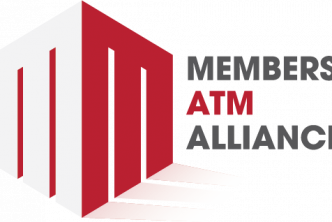The Center for Responsible Lending conducted a study about payday lending laws and found that the Florida law, passed in 2001, has not been protecting consumers as it was intended. The study found that “these ‘best practices’ are merely smoke and mirrors that do not prevent the payday loan debt cycle. Florida’s experience with payday loans clearly demonstrates how payday lenders rely on the cycle of debt as the core of their business model, and lenders continue to drain millions in fees from those that can least afford it year after year.”
The study also looked at the fine print for loans in Florida and found that the loans are being made without much due diligence on the borrower. The study points out that “Payday lenders do not assess a borrower’s ability to repay the loan in light of the borrower’s other expenses. Instead, payday lenders rely on access to a borrower’s bank account to aggressively collect on a loan, regardless of the borrower’s other obligations.” Then the borrower needs another loan to make up the difference that was taken out of their account.
The study concludes that “Although promoted as meaningful reform, the 2001 Deferred Presentment Act has failed to provide relief for Floridians trapped in payday loan debt. The industry continues to drain millions of dollar in fees from those that can least afford it – particularly from communities of color and Florida’s aging
community.”
The Center for Responsible Lending has graphs in the study that look at areas across the state, as well as a section on what the Florida Legislature can do to improve the law. Read the full study by downloading it here.





